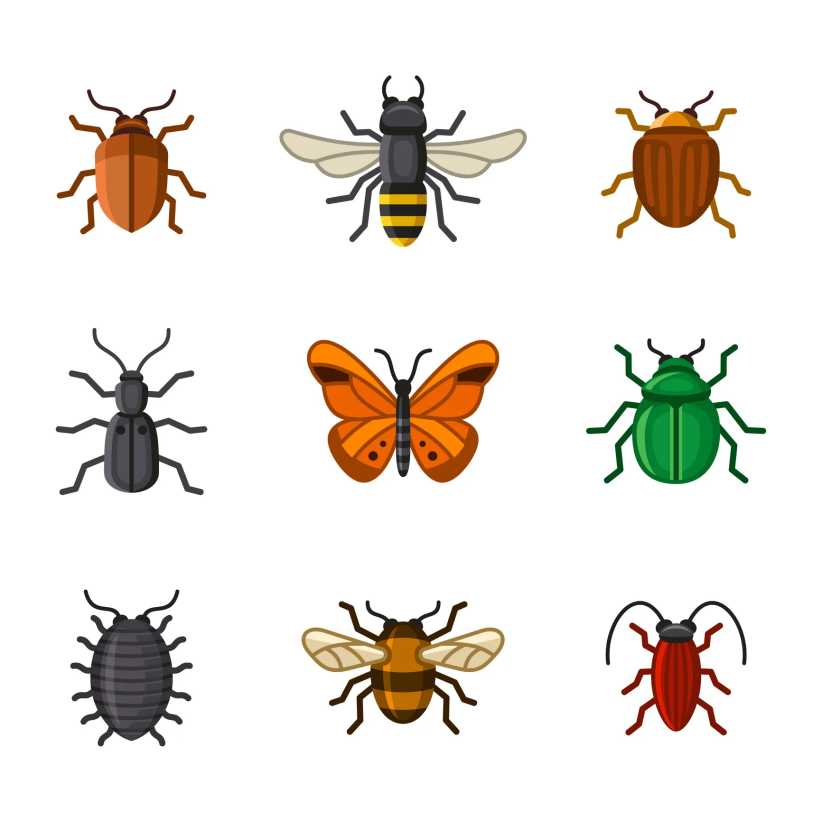A teacher walks into his first-period class to find his students slouching over their desks. Some have their faces buried in their arms. Others fight to keep their eyelids from fluttering shut. Even the low rumble of snores is augmented by the otherwise silence of the room. It is just another typical day at high school.
Most high school students today do not get enough sleep. A typical day can start as early as 6 am and end well after midnight. Rising expectations and increased competition at school has caused students to forgo sleep in order to juggle their heavy workload and extracurricular activities. Excelling in school does not mean just merely passing, it also means acing the most challenging courses. Students are now expected to have not one or two extracurricular activities, but a wide variety of music, sports, community service, and leadership positions. Additionally, more students are attending school in a borough other than the one in which they live. The commute to and from school is often time-consuming and draining.
Lack of sleep for teenagers is a major concern. Sleep deprivation will not only harm a student’s health and well-being, but it can also be dangerous and counterproductive. With less sleep, students may be without a clear mind, and may be less active in class. A lot of my friends catch up on sleep in class, rather than paying attention to the teacher.
As a student, I see the symptoms and effects on a daily basis. I have even experienced the consequences at times. As with most high school students, I have a busy schedule inside and outside of school. Yet, for the most part, I have fortunately been able to avoid sleep deprivation during my high school years. Knowing my limitations, smart planning, time-management skills, and setting priorities have been my guide to getting enough sleep.
How much sleep do you need?
For me, it was important to know my own limitations and needs. Find out how much sleep you need and how you function with little sleep. Some students need more sleep than others. I need at least seven hours each night. Knowing your boundaries is important to getting sufficient sleep and also learning how to cope when you don’t. Without sufficient sleep, I am literally a zombie, roaming the school hallways half lost. I can trip over my own feet and even go to the wrong classes! I rarely do well on a math test without enough sleep. I’m also prone to headaches and usually feel lightheaded. Knowing about how much sleep I need has allowed me to plan ahead and avoid these unwanted effects.
Planning ahead
Most students stay up late finishing last-minute projects, studying for exams, and doing homework. This is a lot for one night. It is no wonder why many high school students do not get enough sleep. Spreading out your workload and learning how to better manage your time can help you complete your work and get enough rest.
Scheduling and organization are extremely important. When I have a lot of work and a very limited time, I need to visualize my workload. I write down all my assignments on a calendar, sometimes color-coding deadlines, exams, and special events. This helps me to get my bearings. A checklist is also helpful and reminds me of my status.
Once you have figured out all your work, try to plan ahead. I like to get a head start on projects and studying for exams. Avoid procrastination! Starting early on a project will allow you to work at your own pace without having to rush. Studying ahead of time, even just a little bit each day, actually helps to reinforce the information and saves you from cramming the night before.
Setting priorities and avoiding temptations
High school students often get distracted easily. They can spend hours talking to friends, watching YouTube videos, playing online games, or wasting time on Facebook. This often contributes to why many students do not get enough sleep during the school year. Prioritizing your activities and needs is important.
Sleep should always be a priority. Maintain a focus on schoolwork and put off whatever social networking and games until the weekend or until you have more time.
Dealing with lack of sleep
No matter how hard we try, once in a while, we will find ourselves up late finishing work. Sometimes our schedules fail or we underestimate everything we need to do. How can we deal with the occasional lack of sleep?
Stimulants like caffeine can be tempting. A cup of coffee can definitely keep you awake. However, I would suggest avoiding caffeine, sugar, and energy drinks, if possible. It is easy to become addicted. Many of my friends come to school with coffee every day. One boy even takes caffeine pills in order to stay awake in school. These provide a temporary burst of energy, but withdrawal and after effects are usually more devastating than helpful.
When I’m tired, I try not to think about how tired I am. I focus on my day and what I need to achieve. I distract myself by answering questions in class and taking a lot of notes. At home, I sing or play the piano in order to give myself a natural high. If I have time, I might sneak a in a power nap after school. It is invigorating and allows me to finish my day comfortably and faster.
Today’s city culture revolves around the lack of sleep. Students are not the only ones who deal with sleep deprivation. In a fast-paced world, adults seem to put all their work before sleep. It is a problem that we really need to change.
Aglaia Ho is a 17-year-old student from Queens who enjoys writing. Her work has been published in Creative Kids, Skipping Stones, Daily News/Children’s Pressline, and The State of the Wild.



























